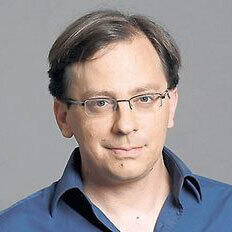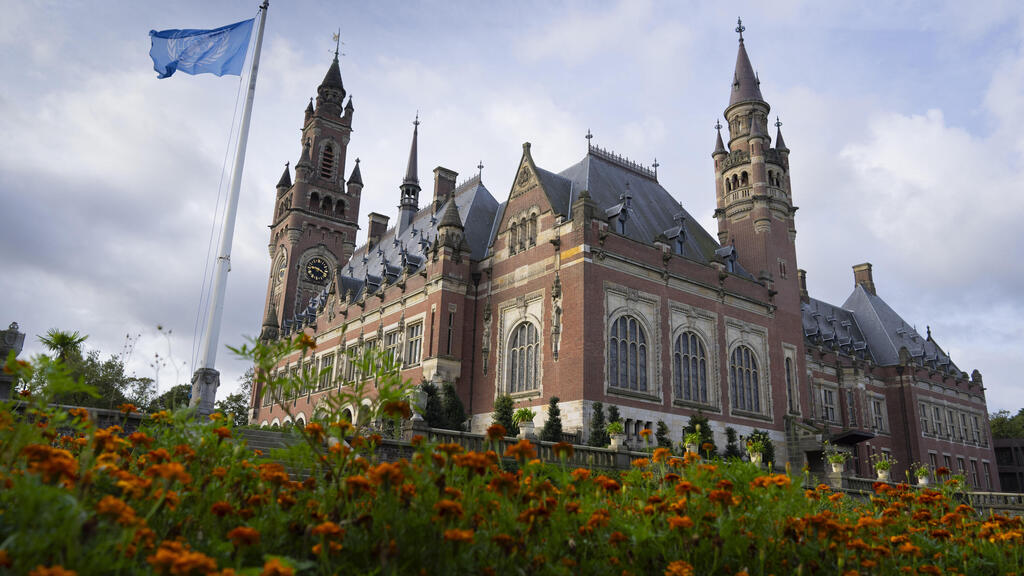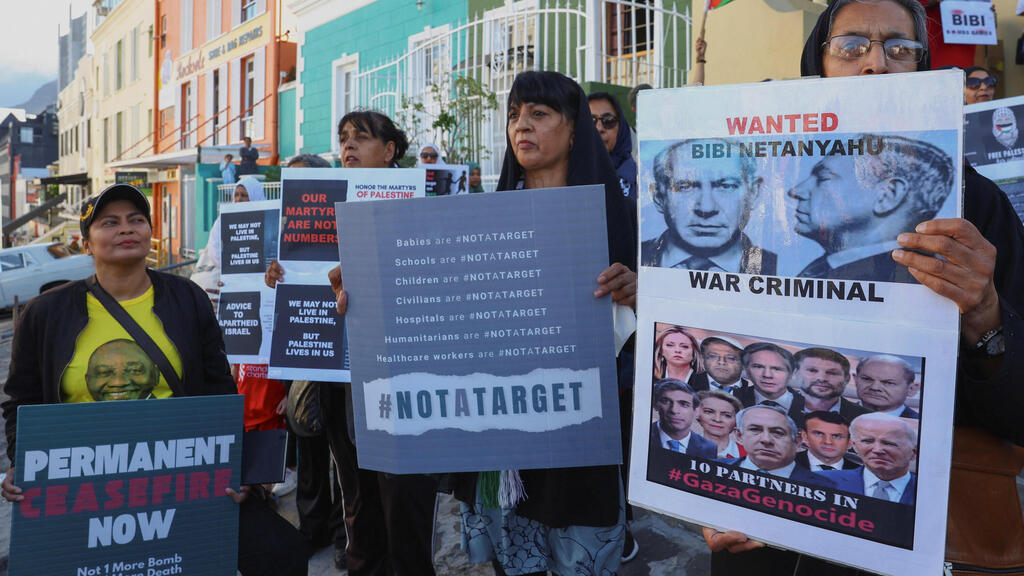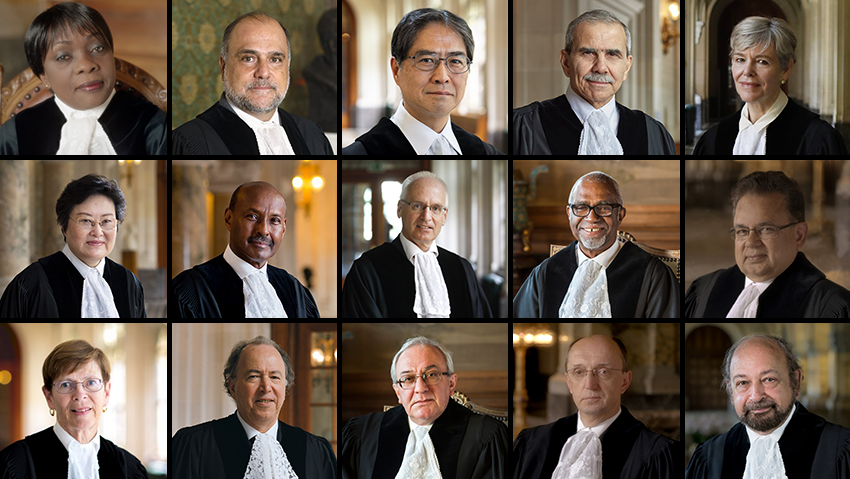At the airport in Amsterdam, the kind immigration officer asks why I came to the Netherlands. "There is a hearing at the International Court of Justice," I tell her and she asks what about? I cannot bring myself to say the word genocide so I just say "the war in Gaza," but then she asks the question that pierces the hear of any Israeli since October 7: "Your family, are they safe?"
Read more:
Its freezing in the Hague now. The palace that houses the IJC glows in the sun amid bellow freezing temperatures. Tomorrow it will be the scene of a rare international confrontation, political theatre disguised as a judicial hearing: When South Africa will claim that Israel did not live up to its commitments under the Genocide Convention - that it had been among its instigators after the Holocaust – and was committing genocide in Gaza.
Behind South Africa, Israel knows well, are many other states and organizations who have been working intensively to diminish justification for Israel's war against Hamas. The Pretoria government has an open account with Israel, that had supported the Apartheid regime, but now there are other interests, including financial ones that have been added on.
There is a lot of sad ironies in this event. The first is that Israel is home to a people who have suffered the worst genocide in history. The second is the on October 7, Hamas carried out an exercise in genocide on Israel's south and but for the IDF, would have continued to murder, rape and commit its atrocities.
But now, the first case brought before the international tribunal is an accusation against Israel and not against the murderous terror group and their funders and backers from Iran and Qatar. Another irony is that South Africa will claim that the victims are the perpetrators.
Deliberations will last years but the South Africans are asking for an injunction that would compel Israel to cease its activities. The bar for such an injunction to be given, is incredibly low. It is enough to prove that Palestinians may come to harm, for the court to agree.
There is a difficult war being waged in Gaza and there is no doubt that civilians are being hurt just as there is no doubt that soldiers are being killed. Israel's security agencies don't especially doubt the casualty figures coming out of Gaza but say that there is a difference between those figures, the damage to infrastructure and to the Strip, and genocide. It is an immense moral and factual difference.
But that is of no consequence. The injunction will reverberate from one side of the world to another, as a stellar tool of Palestinian propaganda, "proof" that Israel is murdering them, or seeking to systematically eliminate their existence as a people. Attached to the injunction would be the statements made by Israeli politicians and pundits including cabinet ministers, lawmakers and right-wing media personalities.
To prove the crime of genocide, there must be proof of intent. How can Israel explain to the world that members of the cabinet and the ruling coalition are only after "likes" on X and that the actual fighting conducted by the IDF is under the supervision of legal advisors, ensuring that international law is not violated, at all times.
On Friday, when Israel will present its position, the court will hear about that but there will also be technical arguments over South African failures of procedure.
As the pot comes to a boil, it is scaring Israeli leaders, more than they are willing to admit. Accusations of war crimes can be quickly directed at them and can expose them personally, to some risk. Amid those fears, Israel enlisted its greatest legal asset: former chief justice Aharon Barak.
He told the Foreign Ministry that he would remain in the Hague until an injunction is issued or as long as the court decides. People who have spoken to Barak since October 7, say the massacre awakened a hidden trauma in him, from the deportation of children to the death camps, from the Kovno Ghetto in 1944, which he and his mother just barely escaped. The trauma of genocide for Barak is real.
When the court convenes on Thursday, it will seat a panel of judges from all corners of the earth but only one among them, had experienced the Holocaust up close. Perhaps he would be able to explain to the others, the difference between the fierce fight against Hamas, which exacts a cost in civilian lives in Gaza, and a genocide. They may listen to him or they may not.





